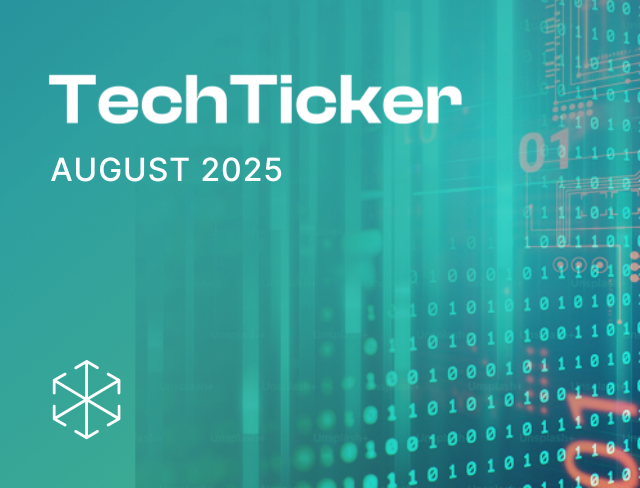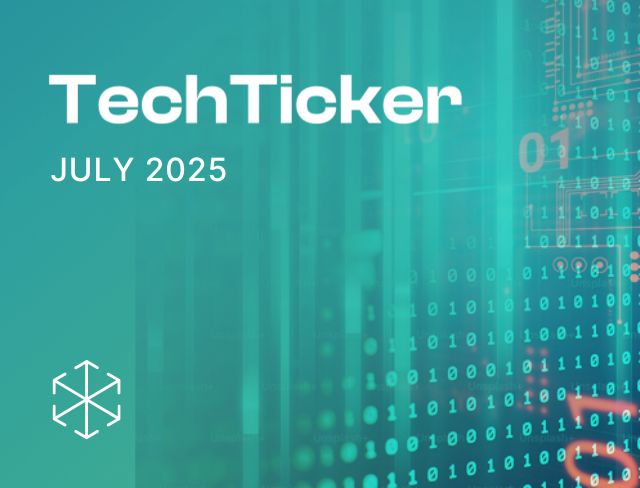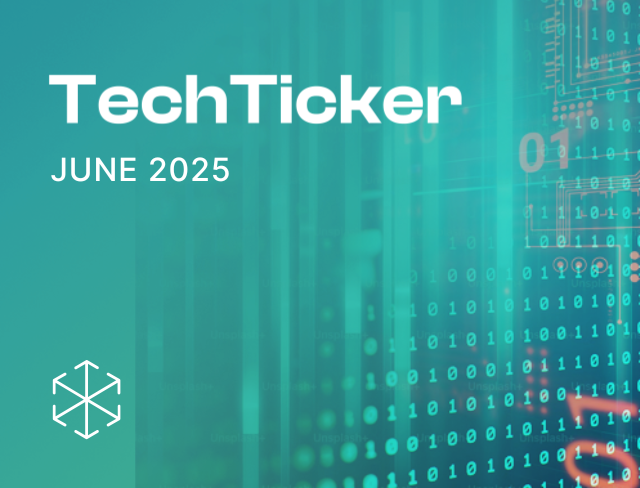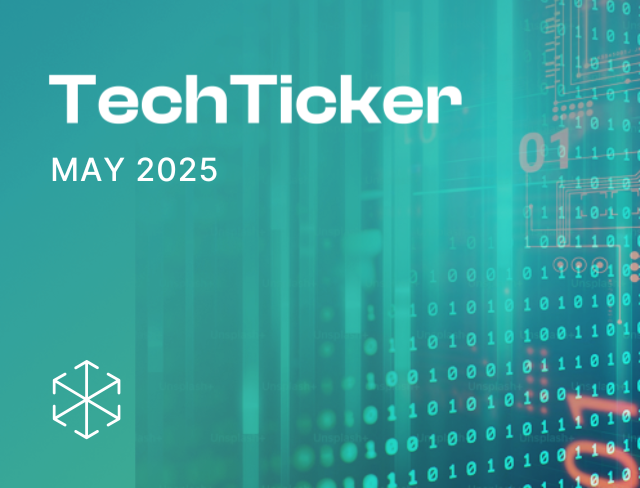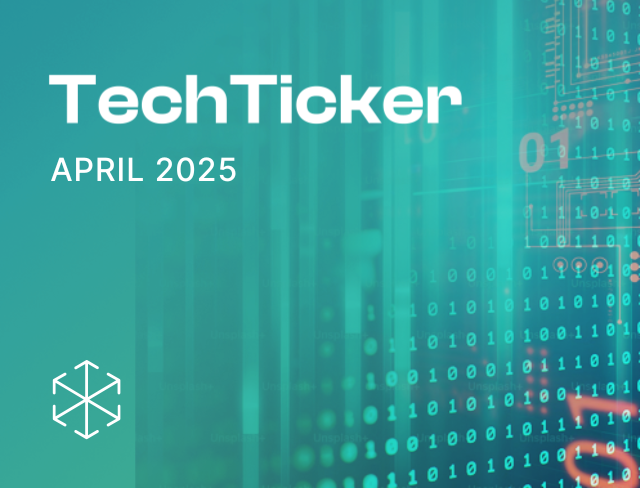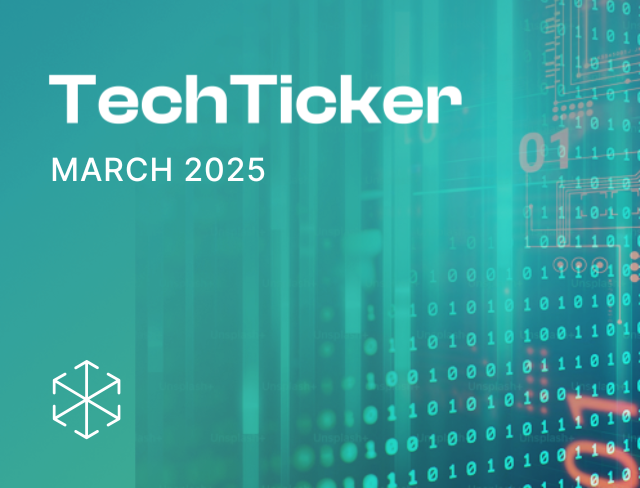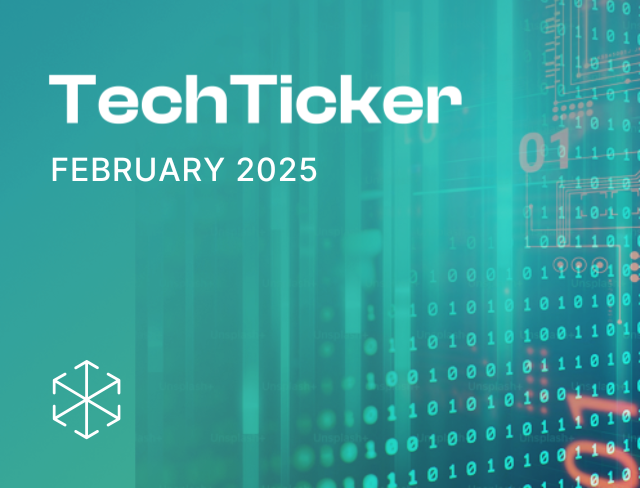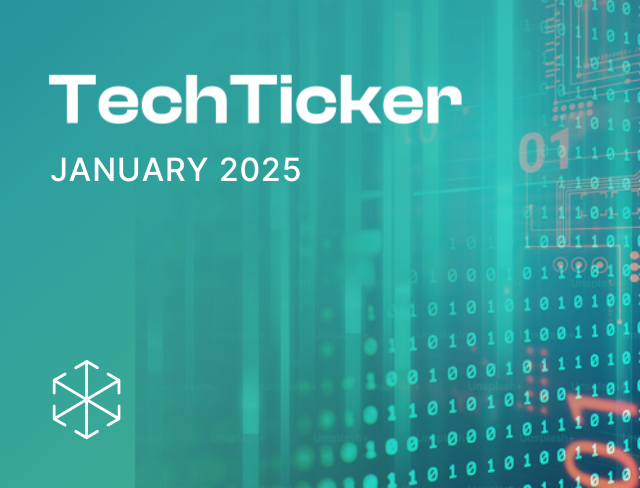Hi all,
November was a busy and exciting month for Ikigai Law. We held a roundtable on the government’s proposed amendments to the intermediary guidelines and their effect on intermediary safe harbour in Bangalore, in partnership with Inc42. In an effort to lend some clarity to discussions on non-personal data in the country, our team explored data marketplaces as a means of sharing data. Vijayant led work on this piece, which looks at data marketplace models around the world and examines each of their governance frameworks. Another highlight was this piece by Rishwin Chandra Jethi on online content regulation standards in other jurisdictions. We also submitted our comments to the DNA Technology (Use and Application) Regulation Bill, 2019 which may be found here.
Important developments in India
India waited eagerly for the winter session of the Indian Parliament which commenced on 18 November and is scheduled to conclude on 13 December. There were high expectations that the Personal Data Protection Bill, 2019 (“PDP Bill”) would be tabled soon, since it was listed for ‘introduction, consideration and passing’ in the ongoing session, and was publically announced to be tabled in this session by the minister for electronics and information technology, Ravi Shankar Prasad. However, thus far, no move has been made to table the bill. The PDP Bill was also listed once before, during the monsoon session this year, but to no avail. Even if it is introduced, chances are that it will be referred to the Standing Committee on information technology. This response given by Prasad in response to a question raised in Parliament indicates that the government will retain the classification of data into ‘personal’, ‘sensitive personal’ and ‘critical personal’ data, as recommended by the Srikrishna Committee. It remains to be seen whether the final draft of the PDP Bill will contain this categorisation. When questioned about the government’s involvement in the WhatsApp-Pegasus scandal, Prasad stated that authorised Indian agencies had followed standard operating procedure to carry out investigations in national interest. Soon after, Google wrote on its blog that Indian government backed cyber attackers targeted between 500 and 1000 individuals in India between July and September 2019, with the possibility that some may have been ordered by the Indian government, putting the Indian government in a tough spot. This was also raised by Shri Digvijay Singh in the ongoing Parliament session. In other news, the committee on non-personal data was scheduled to meet companies such as Amazon and Flipkart in the week of 11 November 2019 for their inputs. This was after it was rumoured to have already met Uber, Ola and other health and health-tech companies. Other noteworthy developments included the release of the final version of the National Digital Health Blueprint and draft Consumer Protection (E-Commerce) Rules, 2019 under the Consumer Protection Act, 2019.
International trade
In the east, India temporarily opted out of the Regional Comprehensive Economic Partnership (“RCEP”) free trade agreement claiming that it did not address India’s trade issues. In the west, commerce minister Piyush Goyal and US trade representative Robert Lighthizer are believed to have made significant progress in resolving Indo-US trade issues during their meeting in November. They are also likely to sign a mini-trade package soon. Pursuant to this, a US delegation is visiting India to give shape to this mini-trade package, which could pave the way for a major trade pact. Also, Goyal sought complete restoration of benefits of the Generalised System of Preferences in exchange for allowing the US more market access in India.
Online content
The ministry for information and broadcasting (“MIB”) appears to have junked the idea of creating a statutory body for regulating over-the-top (“OTT”) players, in favour of a self-regulatory framework. Even in the ongoing Parliament session, the minister of state for electronics and information technology, Sanjay Dhotre, informed Parliament of India that the government is committed to the freedom of speech and expression, and does not plan to introduce censorship on online content streaming platforms. This is in line with MIB secretary, Amit Khare’s earlier announcement that the government recognised that the OTT industry required creative freedom of a different kind.
Digital payments
The RBI published a press release with proposed steps to further digital payments in India, including (a) operationalising the ‘Acceptance Development Fund’ to increase acceptance infrastructure in the country; (b) permitting authorised payment systems and instruments to link with National Electronic Toll Collection FASTags; and (c) enabling processing of e-mandates for transactions through the Unified Payments Interface or UPI. In Singapore, the 2019 Singapore FinTech Festival saw the first international demonstration of BHIM UPI. Uber is creating a new division called Uber Money to handle its financial service offerings which include debit cards for its drivers and other freelance workers in the US. For riders, Uber will roll out credit cards with rewards in the form of ‘Uber Cash’. Finally, in light of the Pegasus attack on WhatsApp users, it is likely that the government may undertake a comprehensive safety audit of the WhatsApp Pay which may postpone its launch in India.
That’s all from us this time, see you next year!


